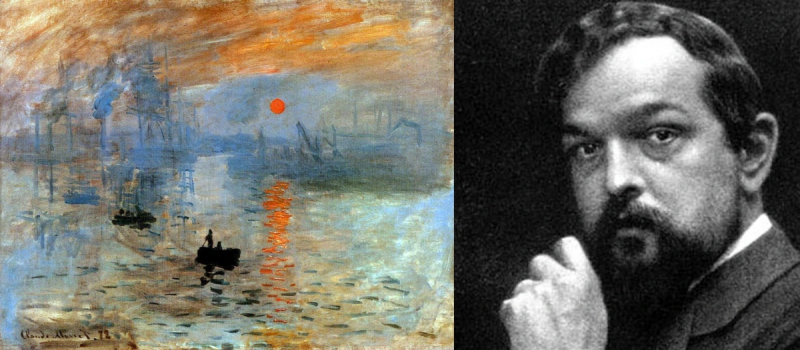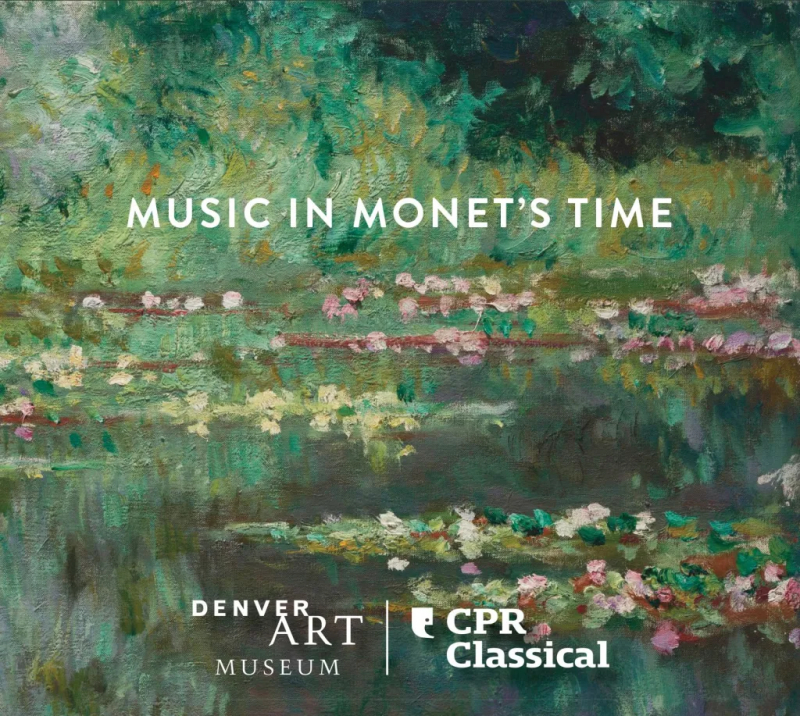Debussy strongly objected to the use of the word "Impressionism" for him
It has been hotly contested, both then and now, whether or not Debussy and the music he influenced qualify as "Impressionist." According to art critic Richard Langham Smith, the term "Impressionism" was initially used to describe a late 19th-century French painting movement in which the emphasis is on the overall impression rather than on outline or clarity of detail, as in the paintings by Monet, Pissarro, Renoir, and others. These paintings frequently feature scenes that are bathed in reflected light. The phrase was later applied to Debussy's and other composers' works that were "concerned with the representation of landscape or natural phenomena, particularly the water and light imagery dear to Impressionists, through subtle textures suffused with instrumental color," according to Langham Smith.
Although Debussy vehemently objected to the term "Impressionism" being used to describe his (or anyone else's) music, it has been associated with him ever since the Conservatoire's assessors offensively used it to describe his early composition Printemps. The piano pieces "Reflets dans l'eau" (1905), "Les Sons et les parfums tournent dans l'air du soir" (1910), and "Brouillards" (1913) are just a few examples of Debussy's nature-inspired compositions, according to Langham Smith, who also suggests that Debussy's use of brushstrokes and dots is similar to that of Impressionist painters. Although Debussy claimed that anyone who used the term (whether in reference to music or painting) was a fool, some Debussy scholars have adopted a less rigid stance. La mer is described by Lockspeiser as "the best orchestral example of an Impressionist work," and more recently, Nigel Simeone writes in The Cambridge Companion to Debussy, "It does not seem overly far-fetched to see a parallel in Monet's seascapes."











